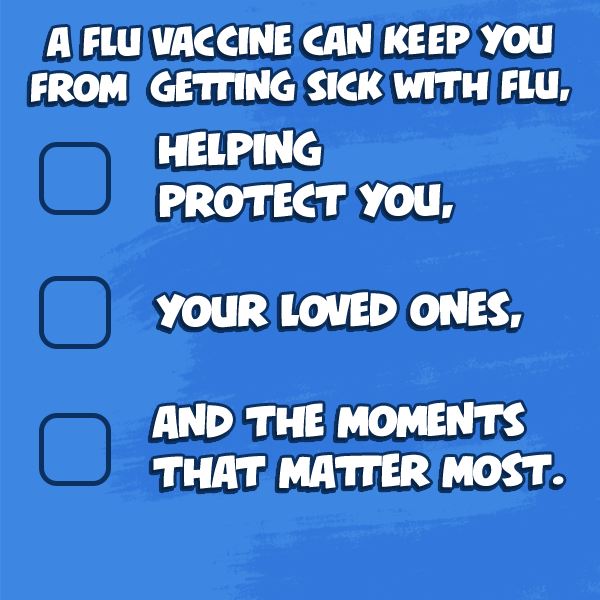Respiratory Illnesses Homepage
Measles Information
Measles is a very contagious disease. One person with measles can easily pass it on to 9 out of 10 people around them who are unvaccinated or do not have natural immunity.
Measles can be very dangerous, especially for babies and immunocompromised adults, and a significant proportion of measles cases will need hospitalization. One in 5 infected persons develops pneumonia, which could be fatal. In some cases, a brain infection may occur and result in swelling, brain damage or death.
Herd immunity is crucial for preventing disease outbreaks in the community and protecting vulnerable populations who cannot receive vaccines. It can be achieved by 95% of a community being fully vaccinated by two doses of the MMR vaccine.
Jefferson County’s measles vaccination rate of 92.67% is too low to protect our kids from outbreaks based on preliminary school-reported data.
Two doses of the MMR vaccine provides 97% lifetime protection against measles.
COVID Information
Prevention Steps
Stay up to date with COVID vaccinations
Improve ventilation
Get tested for COVID if needed
Follow recommendations if you have been exposed
Stay home if you have suspected or confirmed COVID
Seek treatment if you have COVID and are at high risk
Avoid contact with people who have suspected or confirmed COVID
COVID Vaccination
Vaccine recommendations are based on age, time since last dose, and in some cases, the first vaccine received.
People who are moderately or severely immunocompromised have specific recommendations for COVID-19 vaccines.
Side effects after a COVID-19 vaccine are common, however severe allergic reactions after getting a COVID-19 vaccine are rare.
COVID vaccination is available at JCHD by appointment. You can also find a list of vaccination locations on Vaccines.gov.
COVID Testing
JCHD: Use form below
Total Access Urgent Care: 636-429-0999
COMTREA: 636-481-6040
Great Mines: 573-438-9335
ENT Now: 314-729-0077
ARCpoint Labs: 314-597-6767
Flu Information
What is the flu?
Influenza (flu) is a contagious respiratory illness caused by the flu virus. There are two types of flu: type A and type B.
Flu can be a mild to severe illness, which can cause hospitalization or death. Vulnerable populations are more at risk; these include young children, older adults, and those with certain health conditions.
Symptoms
Symptoms typically come on suddenly, and most people experience the following:
Fever or feeling feverish/chills
Cough or sore throat
Stuffy or runny nose
Muscle or body aches
Headaches
Fatigue
Vomiting or diarrhea (more common in children)
How do I protect myself against the flu?
Get the flu vaccine
Limit close contact with those who are sick
Wash your hands and disinfect surfaces
Stay home if you are experiencing symptoms
Avoid touching your eyes, nose, and mouth
Who should get the vaccine?
Everyone 6 months and older should get the flu vaccine each year, especially people who are considered high risk.
Getting vaccinated in the early fall is best because it takes about 2 weeks for antibodies to develop and offer protection against the flu virus.






